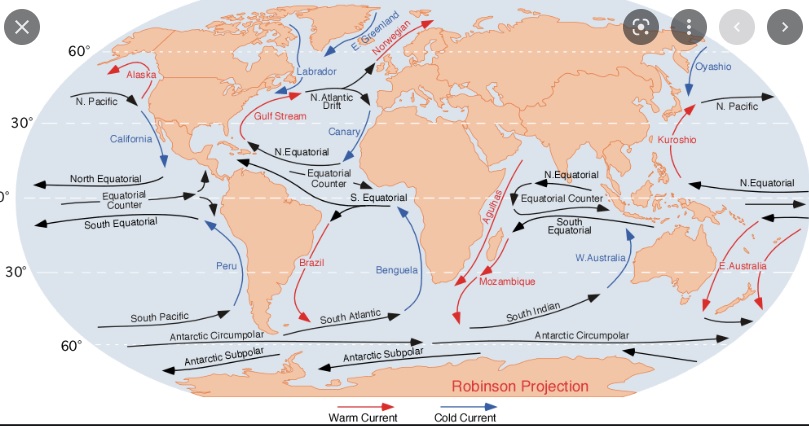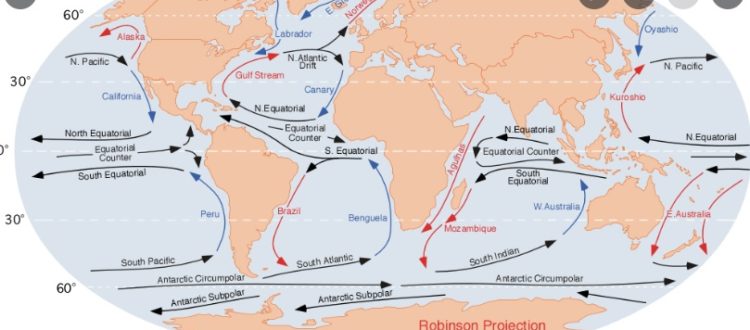The migration of marine species
Studies have shown that rising ocean temperatures are pushing thousands of species away from equatorial waters. Over the past fifty years, marine biodiversity has stabilized or declined in waters above 20°C.

There are about eight million animal and plant species on Earth, among them, more than a million are threatened with extinction.

Biodiversity is not only decreasing, it is also changing due to human activities and global warming.

Studies also show that in regions around the equator, the environment has become too inhospitable for some species due to warming oceans.

Scientists have been able to observe a marked decrease in certain pelagic species, that is to say, living in waters close to the surface such as herring, sardines, anchovies, mackerel, tuna, etc.

Unlike benthic species, linked to the sea floor such as corals, oysters and algae, which have shown no decline.

The difference between the two is that the benthic species can only move during their floating life stage. Their movements are therefore between generations. The pelagic species can move with water masses throughout their life.

Indeed, if the diversity has decreased around the equator, the species have not completely disappeared. Instead, they moved further north or south to find more suitable conditions. Scientists call this extirpation, or the loss of a species on a local scale.



